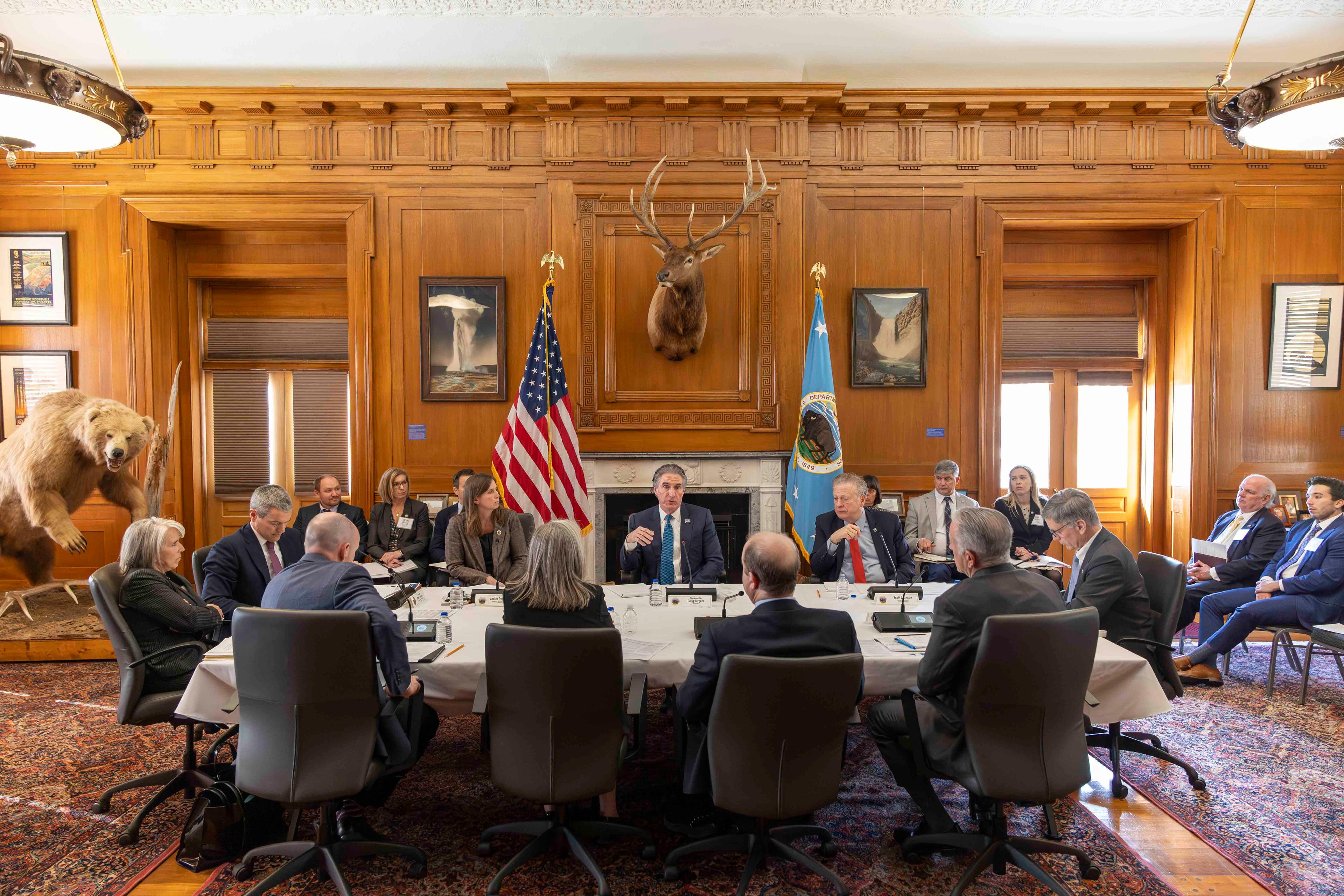
Thousands of employees at the U.S. Department of the Interior, including those at its regional office in metro Denver, could be in for a shakeup. Interior Secretary Ryan Zinke this week started a major push to reorganize the agency and get thousands of employees out of Washington D.C. and large cities like Denver, and into the field.
Zinke’s plan would split the U.S. into 13 regions defined by geographic basins and watersheds instead of by states, according to Juliet Eiplerin, the senior national affairs correspondent for The Washington Post. She’s been reporting on what could be the largest reorganization effort in the Interior’s 168 year history.
Eiplerin told Colorado Matters that Zinke’s time as a Navy Seal is helping to shape this new vision for the Department. “He wants people out on the ground,” Eilperin said. “But some of the decisions that he wants made, particularly on issues like climate change and so forth, are being driven largely out of headquarters.”
Congress would have to approve any changes at the Interior Department, which is the umbrella agency for other federal organizations including the National Park Service, the U.S. Fish and Wildlife Service and the Bureau of Land Management. Eilperin says Zinke has consulted with some key Republicans, including Colorado Sen. Cory Gardner, before announcing his plans. But she says he didn’t share his ideas with Democrats, and that’s bound to spark pushback.
“I’ve covered multiple reorganization efforts in the past,” Eilperin says. “And it’s extremely difficult to ever have these succeed.” The last significant attempt to rethink national business was after the Sept. 11, 2001 terrorist attacks, which brought sweeping national security changes.
Zinke’s plans to change how the Interior Department does business is part of a series of changes that include rescinding previous conservation and climate policies, and changing changing how the department reviews and approves grants.








